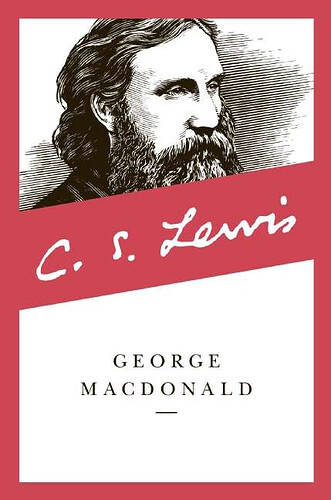I’ve been doing some (near) final polishing on the End of Apologetics thread, a relatively safe place for me around the Forum these days, and I have been thinking about this quote. This is one of the thoughts from the book that won’t let go of me. I can tell some version of it has gripped others long before I got to it. And I hope it grips more.
The express aim of my redescription is to move us past the modern split between objectivity and subjectivity that forces us to choose one or the other…My focus on subjectivity is to resituate objectivity so that we may have both together.
This unity of objectivity and subjectivity is what makes Luther’s dramatic formula “Here I stand” emblematic of edifying truth and paradigmatic for Christian truth-telling. As Kierkegaard notes, witnesses are Christians whose proclamation of the gospel starts with their lives. The act of witness is the unity of the inner and the outer, subjectivity and objectivity, the public and the private. It is the outward sign of the inward truth of the gospel that contains the light of Christ in the clay jars of our words and our actions.
But we must not lose sight of the fundamentally aporetic character of the truths to which we witness. Luther in his confession and Augustine in his passion for truth both teach us that we never possess the truth for and by ourselves; rather, we are to be possessed by the Truth (together with others). For all of the directness of witness, it retains its basic and ironic indirectness. The faithful expression of Christian witness comes in the form of both word and deed (and only in this bivalent form). We can never show the light of Christ and the truths that edify us except through our words and actions-and in an important sense these truths do not exist for us or those to whom we witness apart from our full testimony. We will not have the truths that edify us, nor will we be a witness to them, apart from our fully assuming them and living so that they shape our words and actions. This means that the gospel truth ultimately takes the form of a community that displays the gospel truth and makes it possible to imagine a world in which they exist.
(Penner, Myron. The End of Apologetics: Christian Witness in a Postmodern Context. Baker Academic, 2013, pp. 129-130.)
I wonder, what other texts could be added to this one to help flesh out the ideas–the components of this bivalent form.
What does this bivalent form look like when carried out?

